Thyme, a beloved culinary and medicinal herb, has played a central role in kitchens and natural remedies for centuries. Its aromatic flavor, versatility, and health benefits make it a staple herb across global cuisines, especially in Mediterranean, Middle Eastern, and European dishes. But beyond its role in enhancing flavor and wellness, thyme is also a significant agricultural product. This article dives into a detailed exploration of thyme production around the globe and reveals which country holds the crown as the world’s largest thyme producer.
Understanding Thyme: An Overview
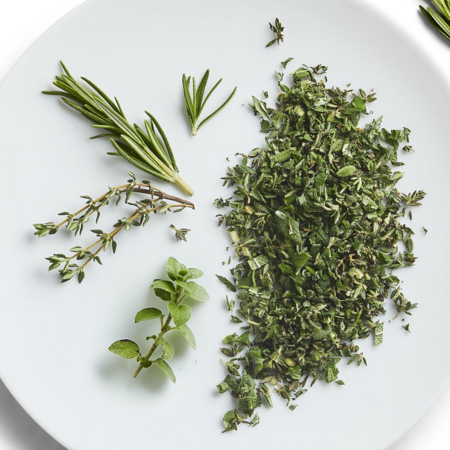
Thyme (scientific name: Thymus vulgaris) is a perennial herb in the mint family, Lamiaceae. Native to the Mediterranean region, thyme thrives in hot, sunny climates and well-drained soil. It is commonly used fresh or dried in cooking, and its essential oils are extracted for use in cosmetics, pharmaceuticals, and aromatherapy.
Types of thyme include:
- Common thyme (Thymus vulgaris) – the most widely used for culinary purposes.
- Lemon thyme (Thymus x citriodorus) – known for its citrusy scent.
- Wild thyme (Thymus serpyllum) – often found growing in the wild and used in herbal medicine.
Global Thyme Production: A Competitive Landscape

Thyme production is widespread, with countries across Europe, North Africa, and the Americas cultivating the herb. The primary producers include:
- Turkey
- Egypt
- Morocco
- Spain
- France
- United States
- India
Each of these countries offers favorable conditions for thyme cultivation and has developed a robust agricultural infrastructure for herb farming.
Turkey: The Largest Thyme Producer in the World
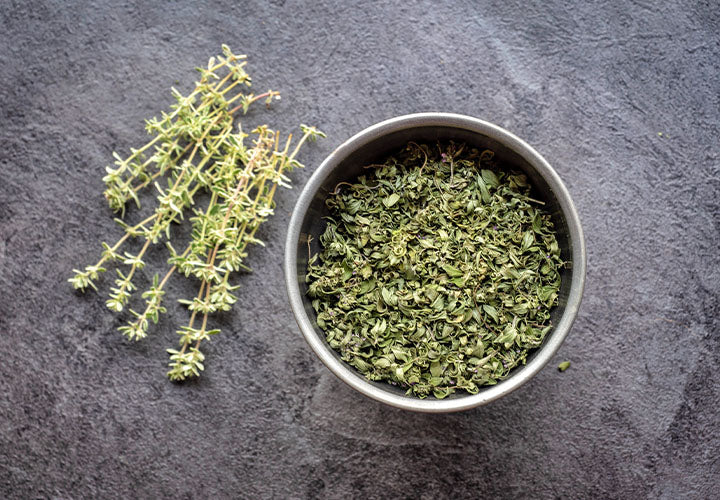
Turkey is widely recognized as the largest producer and exporter of thyme in the world. The country’s geography, climate, and traditional agricultural expertise make it ideal for growing high-quality thyme in large quantities.
Why Turkey Dominates the Market
- Ideal Climate Conditions
The Aegean and Mediterranean regions of Turkey offer a perfect environment—sunny, dry summers and mild winters—for thyme cultivation. - Extensive Cultivation Area
Turkish thyme farms span over 50,000 hectares, mainly in the provinces of Denizli, Manisa, Isparta, and Balıkesir. - High-Quality Varieties
Turkey produces both wild and cultivated thyme, with wild thyme (Thymus serpyllum) being especially sought after for its intense aroma and essential oil content. - Export-Oriented Industry
According to data from the Turkish Statistical Institute (TurkStat), Turkey exports over 15,000 tons of dried thyme annually, making it the leading supplier to countries such as Germany, the United States, Japan, and the Netherlands. - Government and Industry Support
Government-backed agricultural programs and associations like the Aegean Exporters’ Association have played a crucial role in expanding thyme production and ensuring quality standards.
Thyme Production Statistics
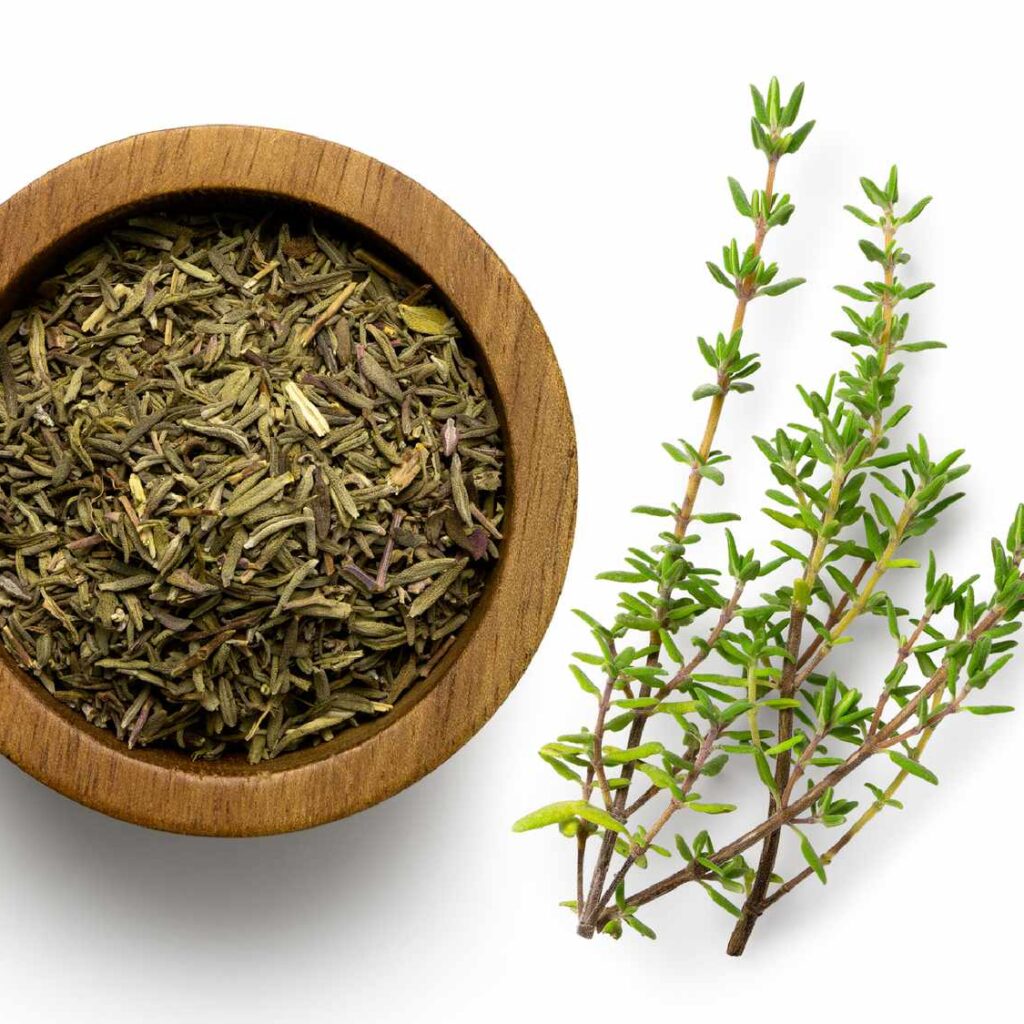
| Country | Annual Thyme Production (approx.) |
|---|---|
| Turkey | 20,000 – 25,000 tons |
| Egypt | 8,000 – 10,000 tons |
| Morocco | 6,000 – 8,000 tons |
| Spain | 4,000 – 6,000 tons |
| France | 3,000 – 4,000 tons |
| United States | 2,500 – 3,000 tons |
| India | 1,500 – 2,000 tons |
Note: Figures include both wild and cultivated thyme and may vary by year.
Turkey’s Global Market Influence
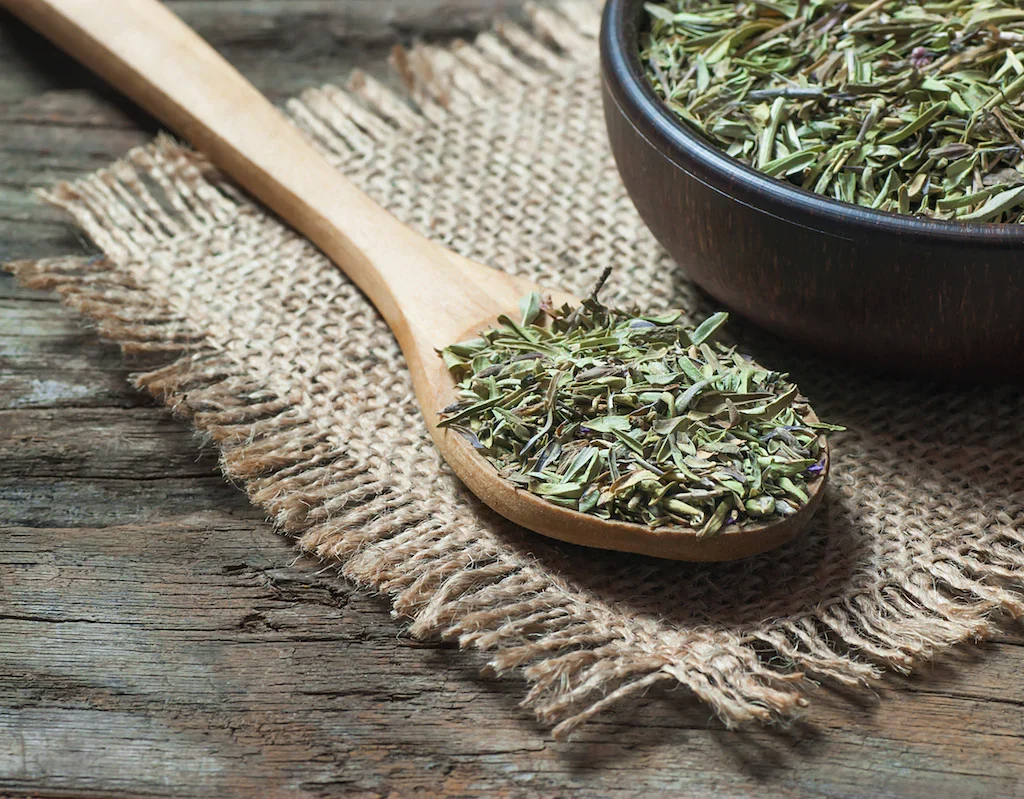
Turkey’s thyme production is not only about quantity but also about quality and sustainability. Turkish producers have adopted Good Agricultural Practices (GAP) and organic certification methods to meet the growing international demand for sustainable, pesticide-free herbs.
Export Destinations
Major importing countries of Turkish thyme include:
- Germany
- USA
- Japan
- United Kingdom
- Netherlands
- Italy
Turkish thyme is used extensively in spice blends, herbal teas, essential oils, and natural remedies across these nations.
The Role of Wild Thyme Harvesting
Interestingly, wild thyme harvesting plays a major part in Turkey’s overall thyme production. Every year, local villagers and harvesters venture into the wild landscapes of the Aegean and Mediterranean to gather thyme by hand. This practice is not only a source of income for rural communities but also a time-honored tradition passed down through generations.
Efforts are now being made to ensure that wild harvesting is done sustainably, preventing overharvesting and protecting biodiversity.
Uses and Benefits of Thyme
Thyme’s popularity is not limited to the kitchen. Its medicinal and industrial value drives large-scale demand.
Culinary Use:
- Integral to spice mixes like za’atar, herbes de Provence, and Italian seasoning.
- Flavoring for meats, stews, vegetables, soups, and sauces.
Medicinal Use:
- Antimicrobial and antiseptic properties.
- Used in cough syrups, throat lozenges, and herbal teas for respiratory health.
Industrial Use:
- Essential oils used in perfumes, cosmetics, and soaps.
- Natural preservatives due to its antioxidant properties.
Future Trends in Thyme Production
The global demand for organic herbs, clean-label food products, and natural remedies is pushing thyme into new markets and applications. Turkey is expected to maintain its lead, but other nations like Egypt, Morocco, and India are increasing their thyme production to meet rising demand.
Additionally, climate change, water scarcity, and soil degradation are prompting producers to adopt more sustainable and efficient farming practices, including:
- Drip irrigation
- Organic cultivation
- Crop rotation
- Wild habitat conservation
Conclusion: Turkey Leads the Thyme World
When it comes to thyme production, Turkey stands tall as the global leader. The country’s unique combination of favorable climate, traditional harvesting knowledge, modern agricultural techniques, and a strong export infrastructure has made it the largest thyme producer in the world.
As thyme continues to gain global popularity for its culinary and therapeutic benefits, Turkey’s dominance in the herb market looks set to grow even further. For students, researchers, or policy makers interested in sustainable agriculture, export economies, or the global herb trade, Turkey’s thyme industry serves as a fascinating case study of tradition meeting modern success.
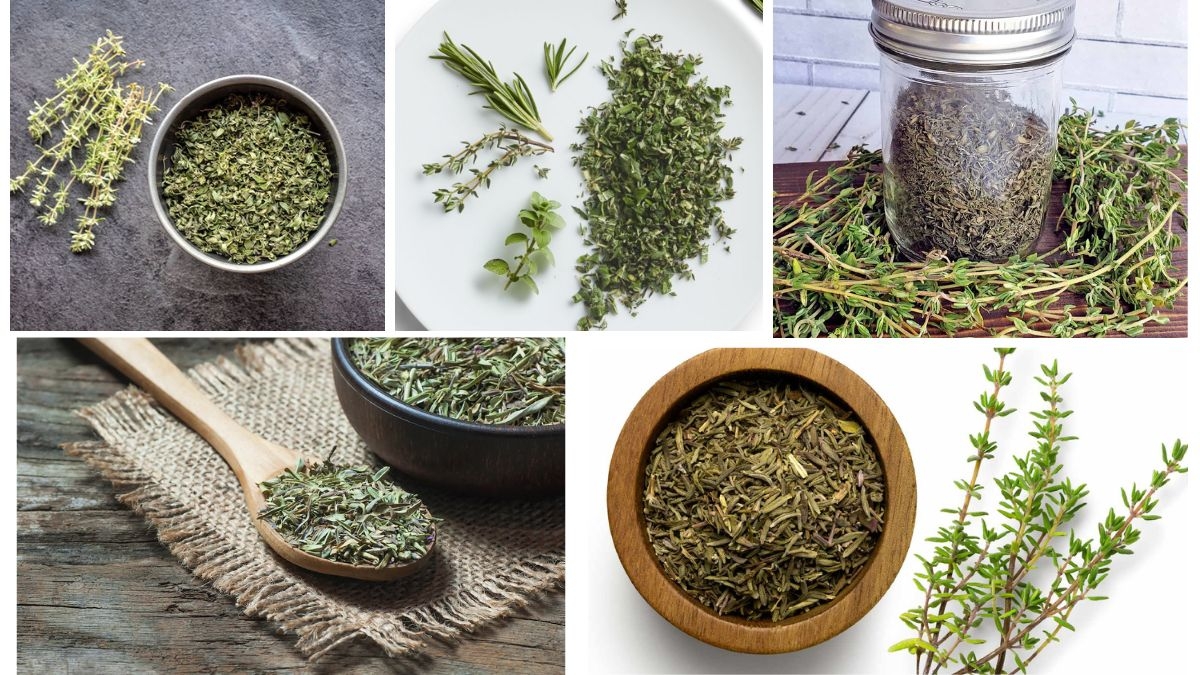
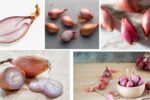
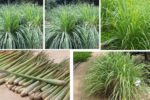
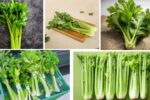
Leave A Comment